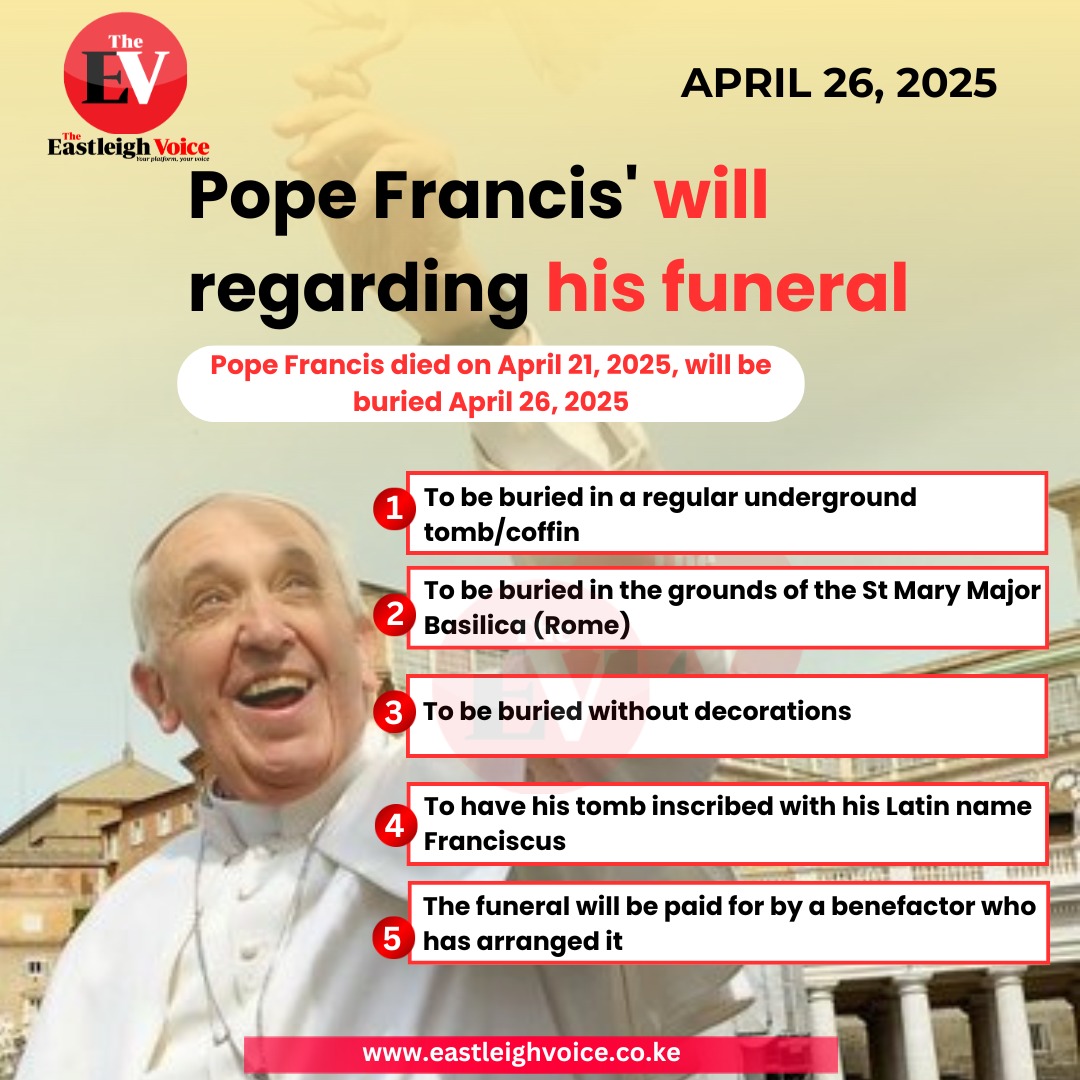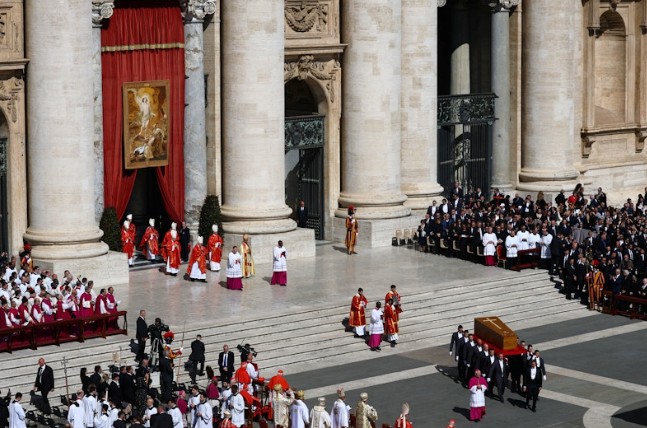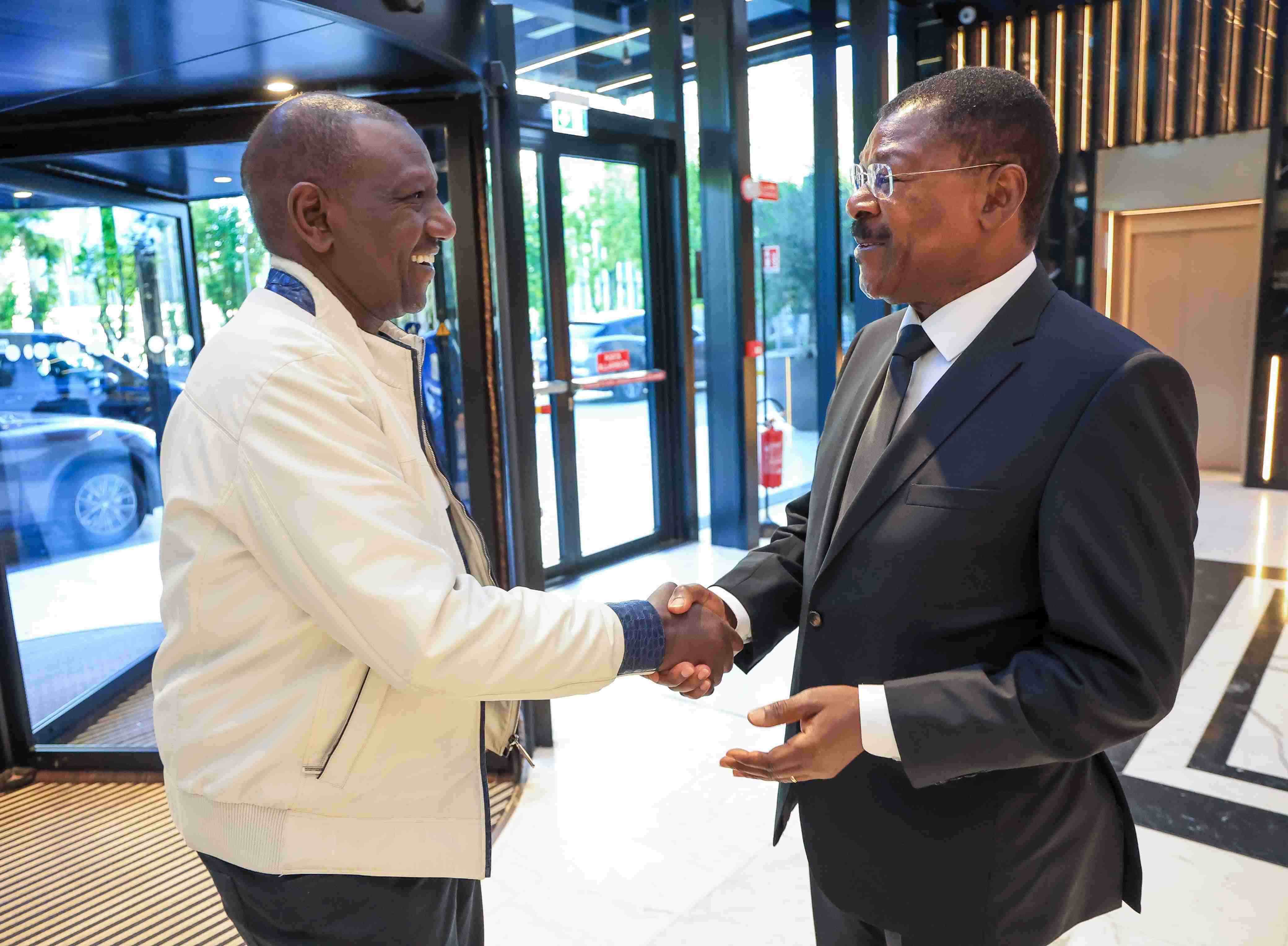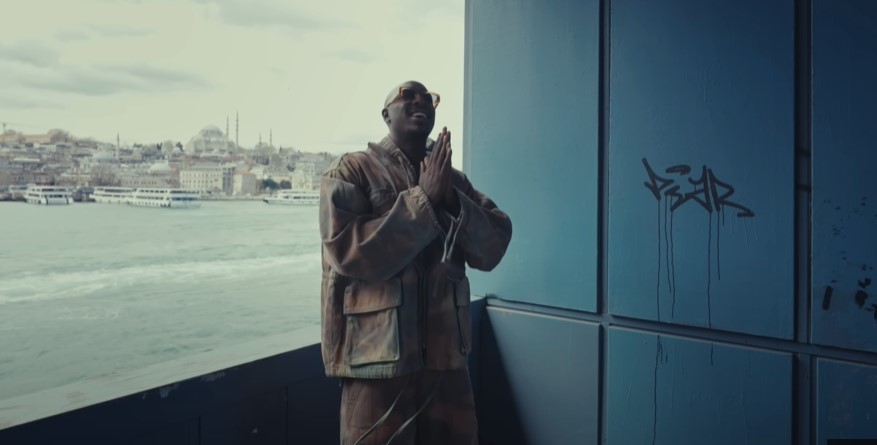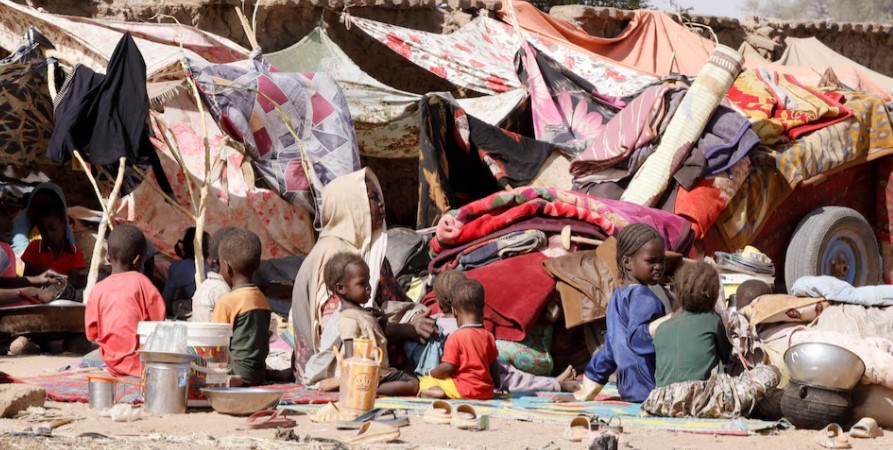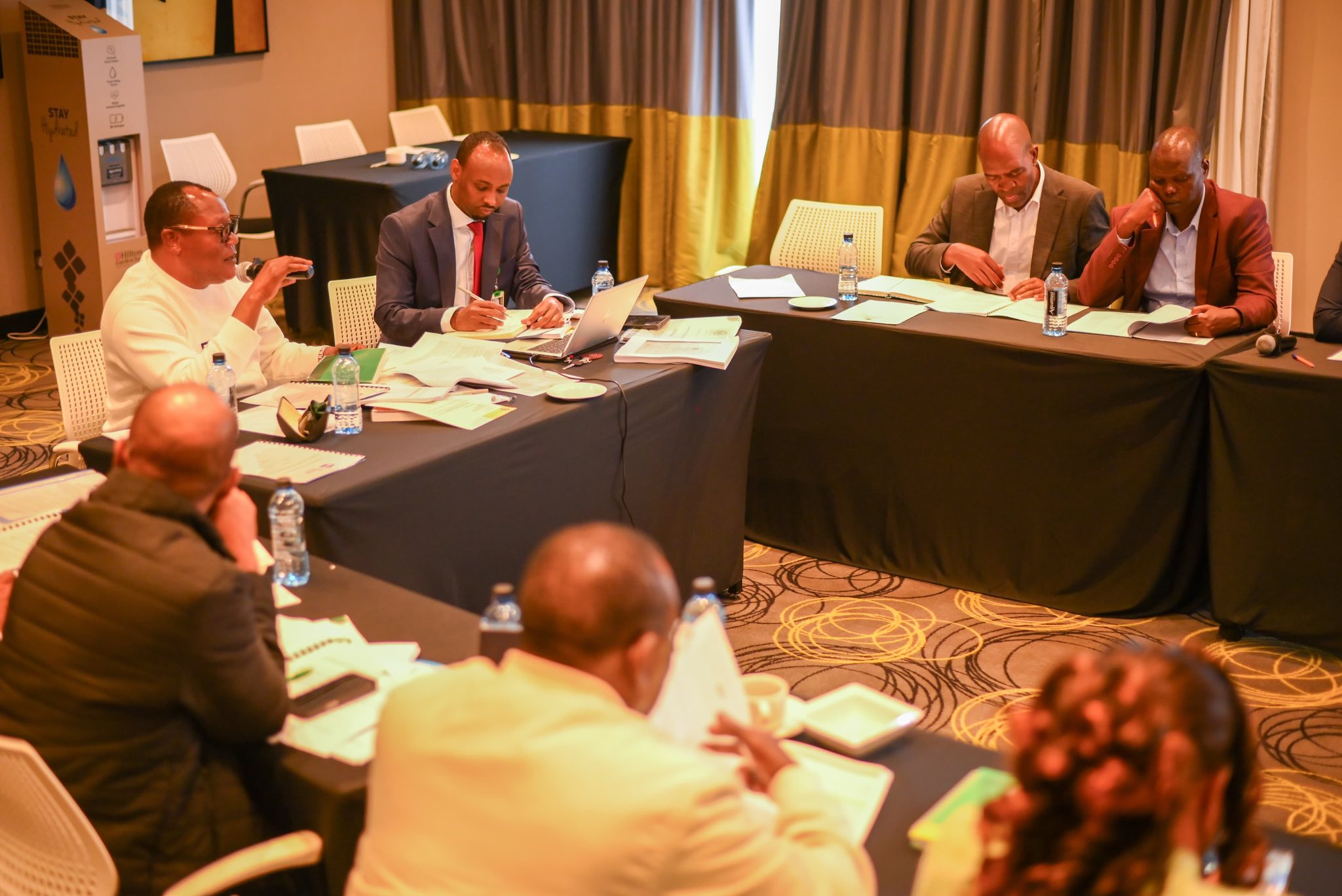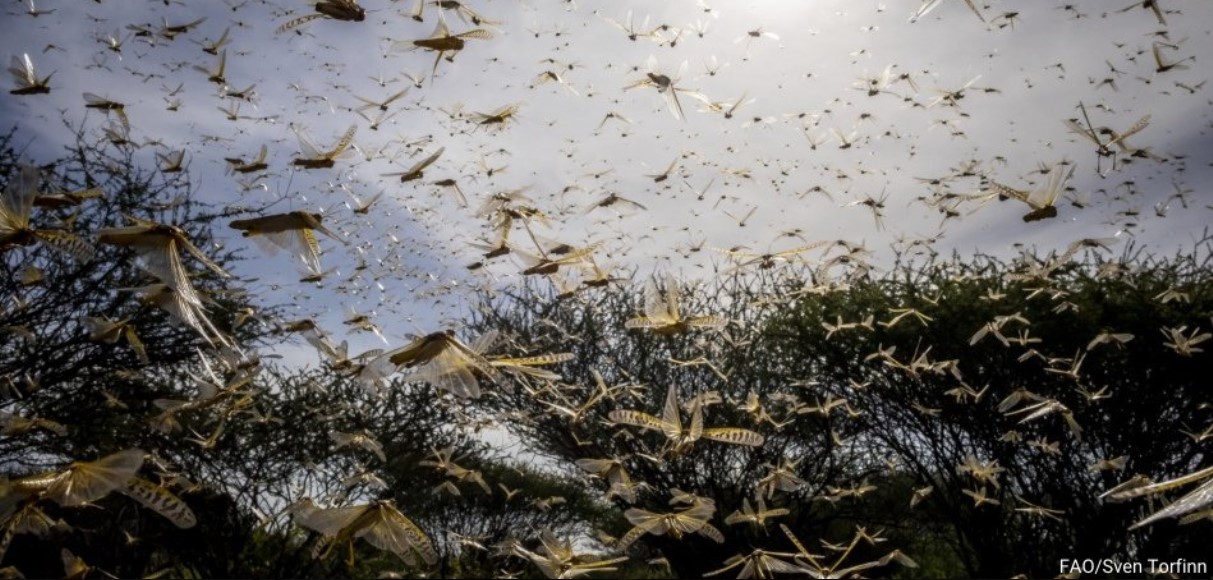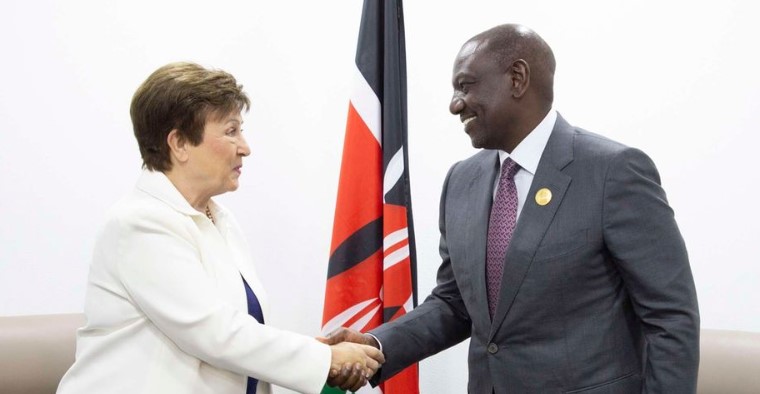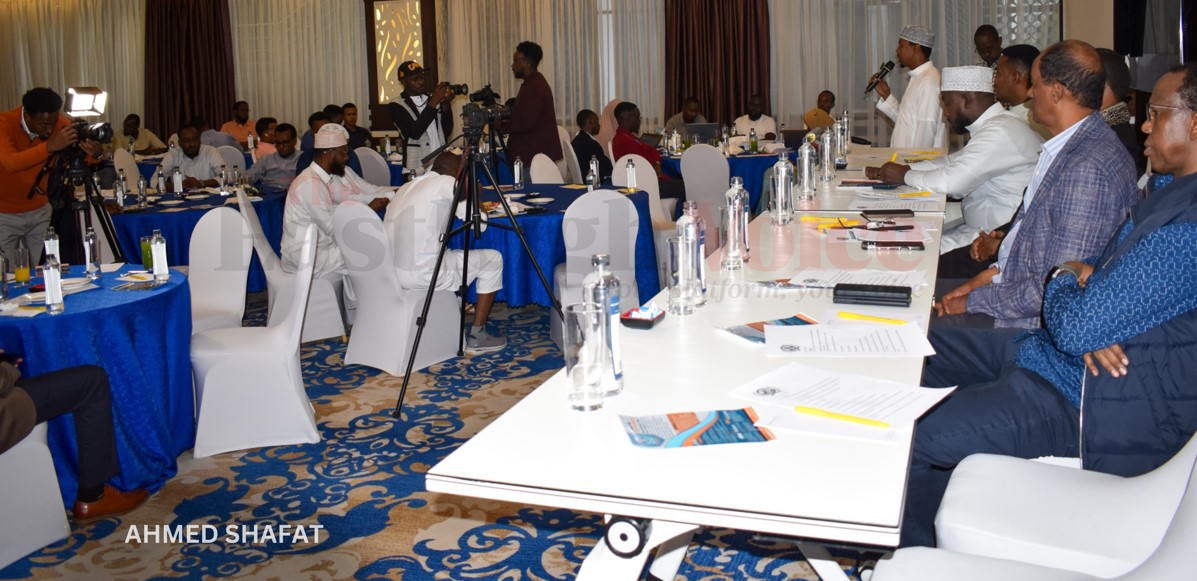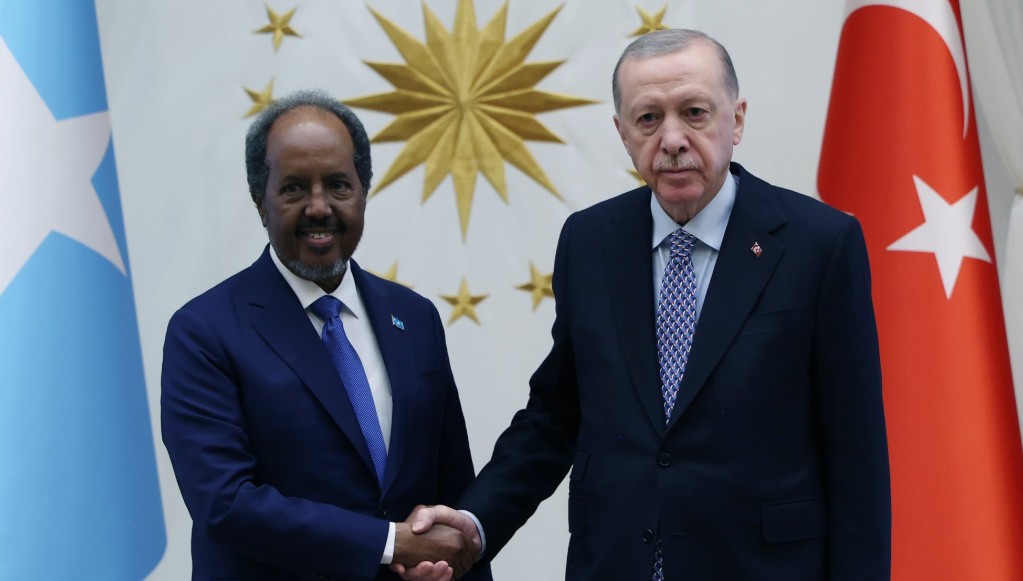DR Congo: Conflict escalation linked to deadly Mpox threat
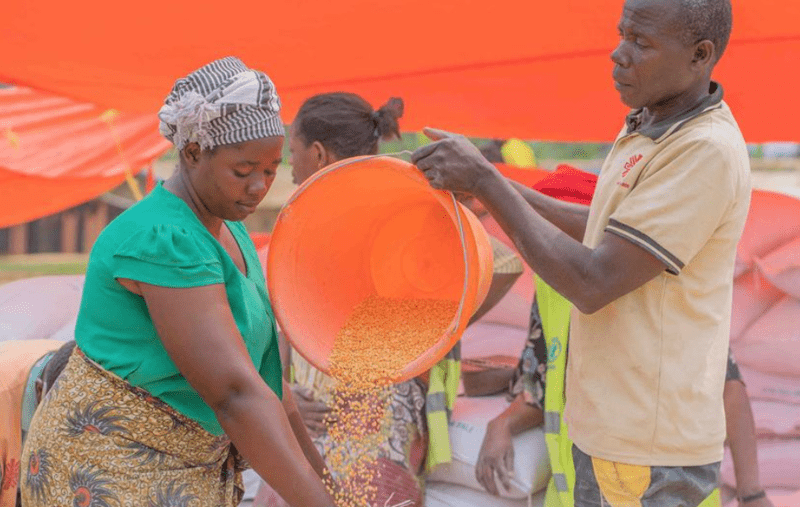
Military activity around those camps has made it difficult for health authorities to contain the virus if security is not granted, the UN health agency explained.
At least 25 million people have been caught up in the humanitarian crisis in the Democratic Republic of the Congo (DRC) where a neglected health emergency continues to unfold at an alarming rate, the UN health agency said on Friday.
For decades, conflict in the mineral-rich eastern DRC has triggered alarming levels of violence, mass displacement, widespread disease, gender-based violence and severe mental trauma, explained Dr Adelheid Marschang, Senior Emergency Officer at the World Health Organisation (WHO).
More To Read
- Tanzania launches diplomatic push for Prof Mohamed Janabi to head WHO Africa office
- WHO members reach deal on global pandemic preparedness after 3 years of talks
- WHO launches first-ever global guidelines to combat meningitis and save lives
- Aid cuts could leave more women dying in pregnancy and birth, UN says
‘Chronic and acute shock’
Today, the vast central African nation now has the “highest number of people in need of humanitarian aid in the entire world, with 25.4 million affected” and many in “chronic and acute shock”, she told journalists in Geneva.
A staggering 7.4 million people have been displaced, including 2.8 million in North Kivu alone.
The number of people forcibly uprooted has increased since the separatist M23 movement launched a major offensive in 2022, prompting national and regional military responses that have struggled to restrain the militia's advance.
Left with nothing
The resulting mass displacement has overwhelmed water and sanitation systems and brought an additional burden to the population’s scarce resources, the WHO official warned.
“About 40 per cent of the population, that is 40.8 million people, face serious food shortages, with 15.7 million facing severe food insecurity and as a result, a higher risk of malnutrition and infectious diseases,” Dr Marschang said. “If immediate action is not taken to address basic needs in DRC, over one million children will suffer from acute malnutrition.”
Mpox is one of many health threats
Outbreaks of cholera, measles, meningitis, Mpox and plague have all been reported, exacerbated by severe flooding and landslides.
Specifically on Mpox – which remains a global health threat with 26 countries reporting cases to WHO this month – Dr Marschang said that DRC has seen 20,000 cases and more than 1,000 deaths from the virus since the start of 2023.
Over 11,000 cases, including 443 deaths, have been reported so far this year, “again affecting mostly children”, she noted.
Mpox spreads through close contact, causing flu-like symptoms and skin rash. Scientists raised the alarm last month about the spread of a dangerous new strain of Mpox in South Kivu and fear it will spread in overcrowded camps in and around Goma.
Military activity around those camps has made it difficult for health authorities to contain the virus if security is not granted, the UN health agency explained.
Rights crisis neglected
Earlier this week, the Special Representative of the Secretary-General, Bintou Keita, told the UN Security Council that the DRC faces one of the most severe and neglected humanitarian crises of our times.
Dr Marschang echoed that observation, explaining that the Humanitarian Response Plan for 2024 aims to assist 8.7 million people and requires $2.6 billion for all UN and partner agencies.
“The underfunding is severe,” she stressed, as “16 per cent of the Humanitarian Response plan is currently funded. For WHO, we are looking for something like $30 million to address the situation until the end of the year.”
The deterioration of the security situation has accompanied the full withdrawal from South Kivu of the UN Stabilisation Mission in DRC (MONUSCO), ending the first phase of disengagement from DRC following a request to close the mission from the Government in Kinshasa.
MONUSCO’s operations began winding down in January after two decades of operations, but its Head, Bintou Keita, told the UN Security Council on Monday there should not be a rush to further disengagement since this process has thrown up unexpected challenges. She explained the rebel activity from the M23 carries a “very real risk of provoking a wider regional conflict”.
Violent insecurity in DRC has reached alarming levels, UN human rights chief Volker Türk has warned, “with an absence of State authority over large swathes of territory has also cleared the way for brutal levels of violence and attacks”.
Top Stories Today

